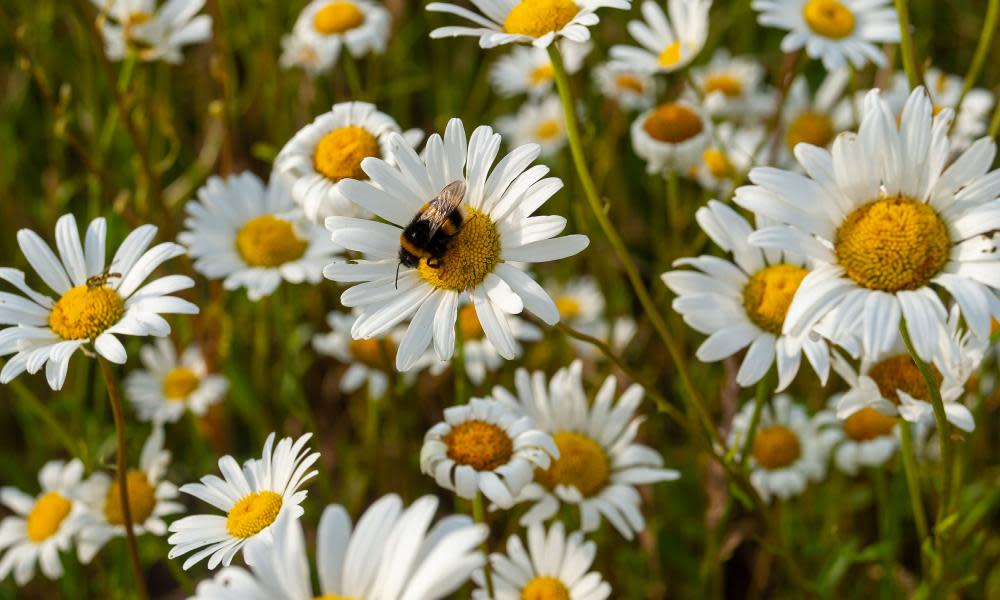Defra may approve ‘devastating’ bee-killing pesticide, campaigners fear

The UK government may be about to approve the use of a controversial bee-killing pesticide, wildlife groups fear.
Sources inside the Department for Environment, Food and Rural Affairs (Defra) say that, after pressure from the sugar beet industry, an emergency authorisation of the neonicotinoid Cruiser SB is likely to be announced in the coming weeks.
The pesticide, which is lethal to bees and other insects, is prohibited under European Union law except in extreme circumstances. The insecticides act by binding strongly to receptors in the central nervous system of insects, causing overstimulation of their nerve cells, paralysis and death.
The sugar beet industry says it needs the pesticide to protect seeds from a disease called virus yellows, which reduces yield and sugar content. In 2017, Michael Gove, the then environment secretary, welcomed the EU ban, and promised that “unless the scientific evidence changes, the government will maintain these increased restrictions post-Brexit”.
Campaigners claim that if the authorisation does go ahead, it could be in breach of the recently passed Environment Act.
Related: Bees may take generations to recover from one exposure to insecticides
Joan Edwards, the director of policy and public affairs at the Wildlife Trusts, said: “Less than a month after the government passed its flagship Environment Act, legally committing to halt the decline of species, it would be unthinkable that they are even considering betraying that promise by authorising the use of an environmentally devastating chemical against the advice of the government’s Health and Safety Executive and the Expert Committee on Pesticides.”
The pesticide in question, otherwise known as thiamethoxam, is considered especially dangerous to wildlife as it leaches into the soil, where it stays for long periods of time and can be absorbed by other plants, some of which are important to pollinators. These plants can then kill the insects that feed on them.
Edwards said: “The Wildlife Trusts oppose the authorisation of thiamethoxam because it has a devastating effect on wildlife. When a seed dressing of the neonicotinoid pesticide is applied to sugar beet crop only 5% of the pesticide goes where it is targeted, in the crop. The rest ends up accumulating in the soil, from where it can be absorbed by the roots of wildflowers and hedgerow plants, or can leach into rivers and streams where it could harm over 3,800 invertebrate species, which spend at least part of their life cycle in freshwater.”
The RSPB senior policy officer Stephanie Morren said: “Bees are one of our best-loved group of insects. Without them our farming system would collapse.
“We are in a nature and climate emergency, and with farming accounting for 75% of the land in England we cannot reverse nature’s decline without the support of our farmers. But highly toxic pesticides like neonicotinoids have no place in a sustainable farming system.
“Questions must be raised about how approving even temporary use of these chemicals and endangering our declining bee populations is in any way consistent with halting wildlife decline. Instead, farmers must be supported to reduce our reliance on these harmful chemicals.”
A Defra spokesperson confirmed the department had received an application for the emergency authorisation of Cruiser SB, containing thiamethoxam, which was being assessed.
Earlier this year, the government was forced into a U-turn over plans to approve the use of the pesticide after outcry from environmental groups.

 Yahoo News
Yahoo News 
